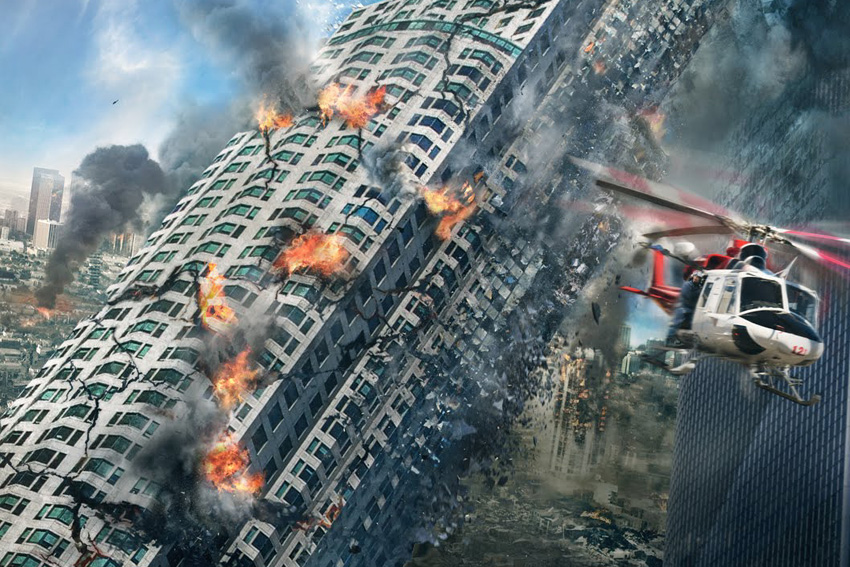Marvel heroes
Avengers: Infinity War part I - The Mad Titan
WRITER : Admin
|
DATE : 26-02-11
|
CATEGORY : Movies
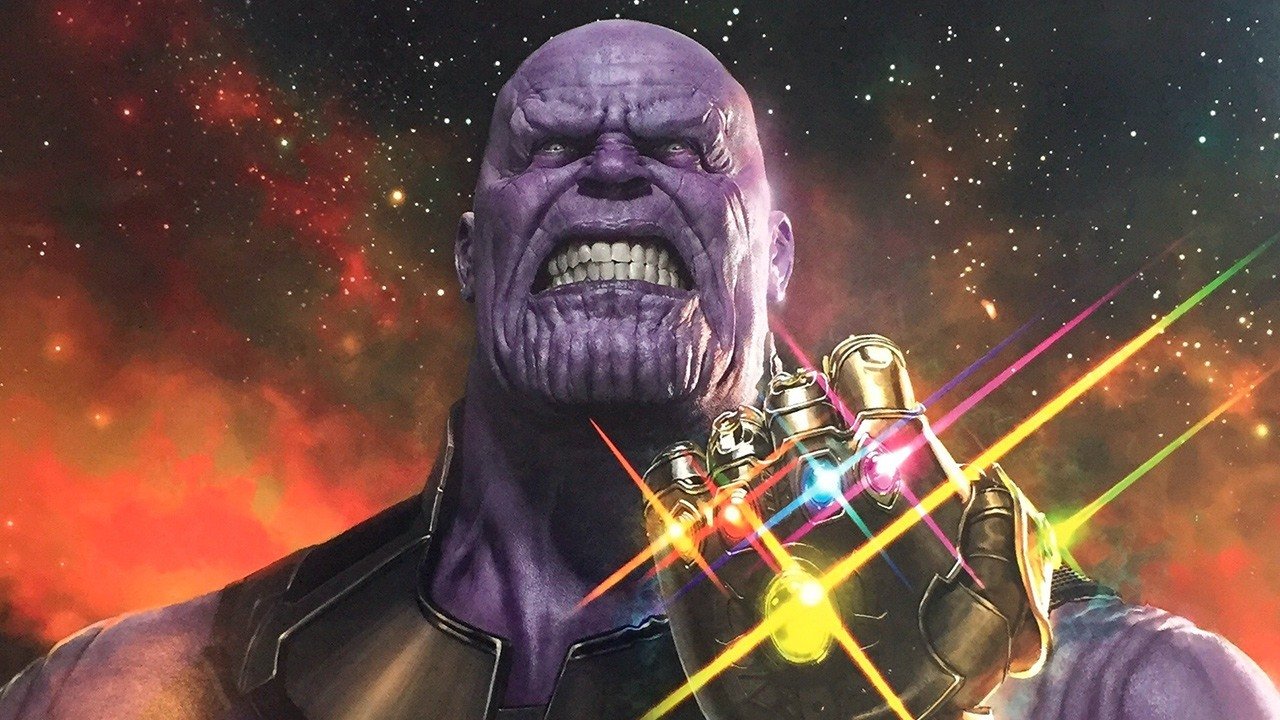 No Avenger can bear the thought of losing those connections, even in the face of annihilation. The one character in the film who can, and does, is Thanos himself.
No Avenger can bear the thought of losing those connections, even in the face of annihilation. The one character in the film who can, and does, is Thanos himself.
Thanos is the only person in Infinity War who faces that choice — sacrifice who you love or else see your grand plans fall to ruin — and finds the will to make the sacrifice. That horrible strength is the one thing he has over our heroes — more than his powers or his weapons or his guile — and it’s what lets him win this war. He is willing to do what none of The Avengers will or even can. And it creates one of the most devastating losses and final sequences in any superhero film so far.
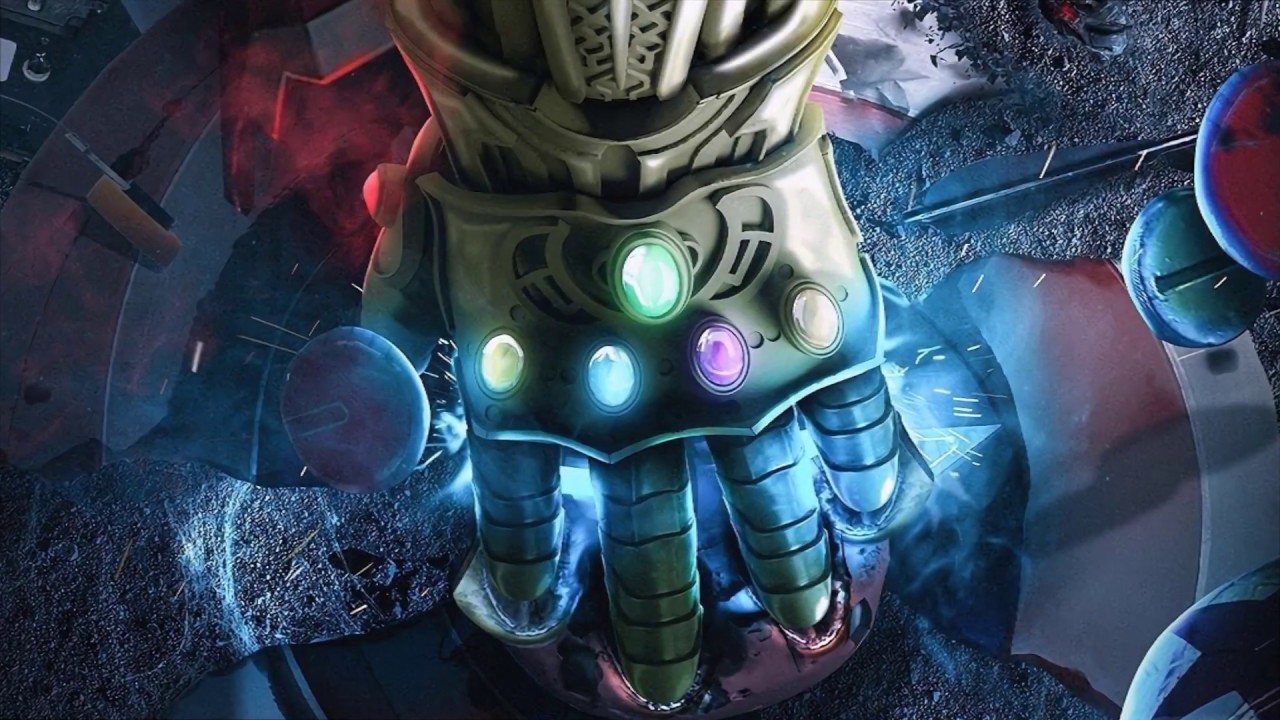 It also helps establish a villain worthy of the magnitude of this moment. Until now, Thanos has been one big, vaguely-defined promise. A sinister smile in The Avengers, a brief appearance in Guardians of the Galaxy, and one final tease in Age of Ultron were all Marvel movie fans had to go on before this mega-crossover. The accumulated effect amount to a generic baddie who made the occasional threat and pulled strings behind the scenes, but who was still largely a blank slate when it came time for him to step into the spotlight and assume the major villain role in the team-up of team-ups.
It also helps establish a villain worthy of the magnitude of this moment. Until now, Thanos has been one big, vaguely-defined promise. A sinister smile in The Avengers, a brief appearance in Guardians of the Galaxy, and one final tease in Age of Ultron were all Marvel movie fans had to go on before this mega-crossover. The accumulated effect amount to a generic baddie who made the occasional threat and pulled strings behind the scenes, but who was still largely a blank slate when it came time for him to step into the spotlight and assume the major villain role in the team-up of team-ups.
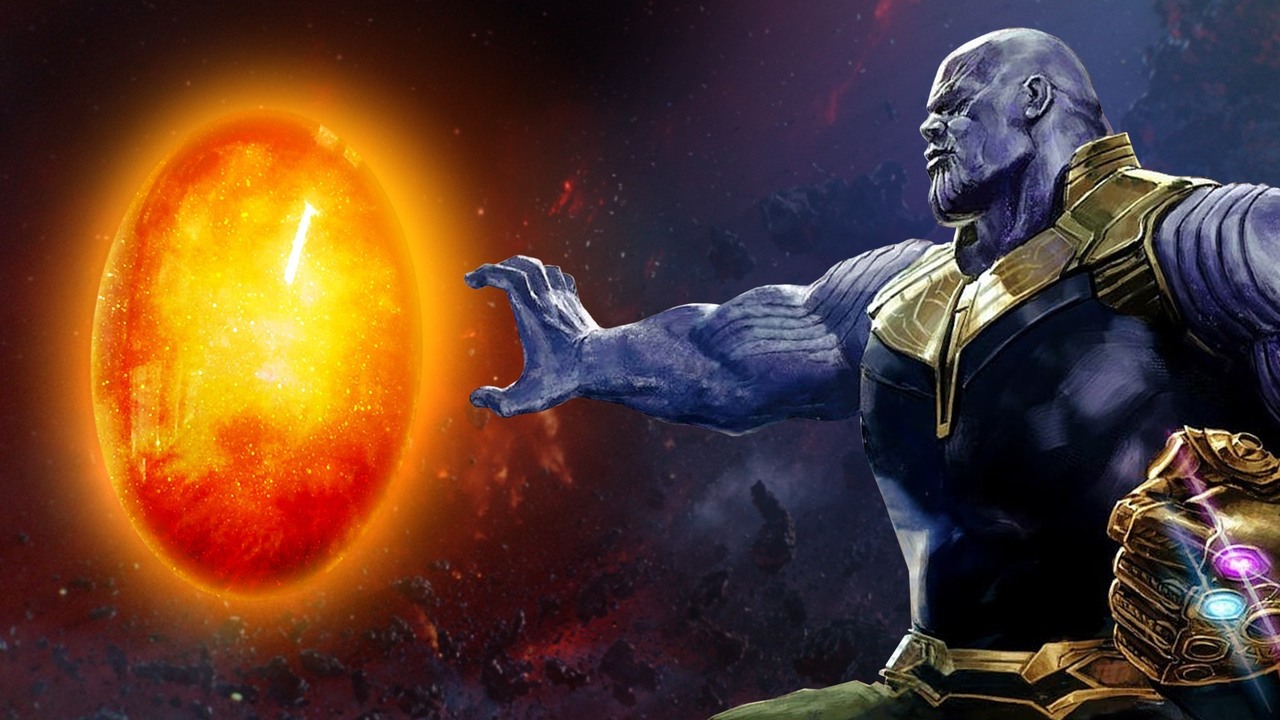 Thankfully, that gave the Russo Bros. and writers Stephen McFeely and Christopher Markus the opportunity to fill in those blanks with a distinctive and intriguing character. Rather than offering the standard stentorian, megalomaniacal baddie, this film’s version of the “Mad Titan” is a quiet, almost contemplative antagonist in Infinity War. There’s a genteel, even empathetic quality to him in the movie, one that makes him an unexpectedly subdued but no less effective challenge to Earth’s Mightiest Heroes.
Thankfully, that gave the Russo Bros. and writers Stephen McFeely and Christopher Markus the opportunity to fill in those blanks with a distinctive and intriguing character. Rather than offering the standard stentorian, megalomaniacal baddie, this film’s version of the “Mad Titan” is a quiet, almost contemplative antagonist in Infinity War. There’s a genteel, even empathetic quality to him in the movie, one that makes him an unexpectedly subdued but no less effective challenge to Earth’s Mightiest Heroes.
Some of that comes from his modus operandi. Instead of world domination, Thanos’s goal is to wipe out half of all life in the universe. But rather than freighting him with the goal of slaughter for slaughter’s sake, Infinity War turns Thanos into an acolyte of Malthusian creative destruction, one who views himself as a humanitarian. In a universe with limited resources, he wants to eliminate half the population not out of revenge, vindictiveness, or cruelty, but as a controlled burn, so that the remainder can live and live well, and avoid the devastation that his own planet faced when those resources ran out.
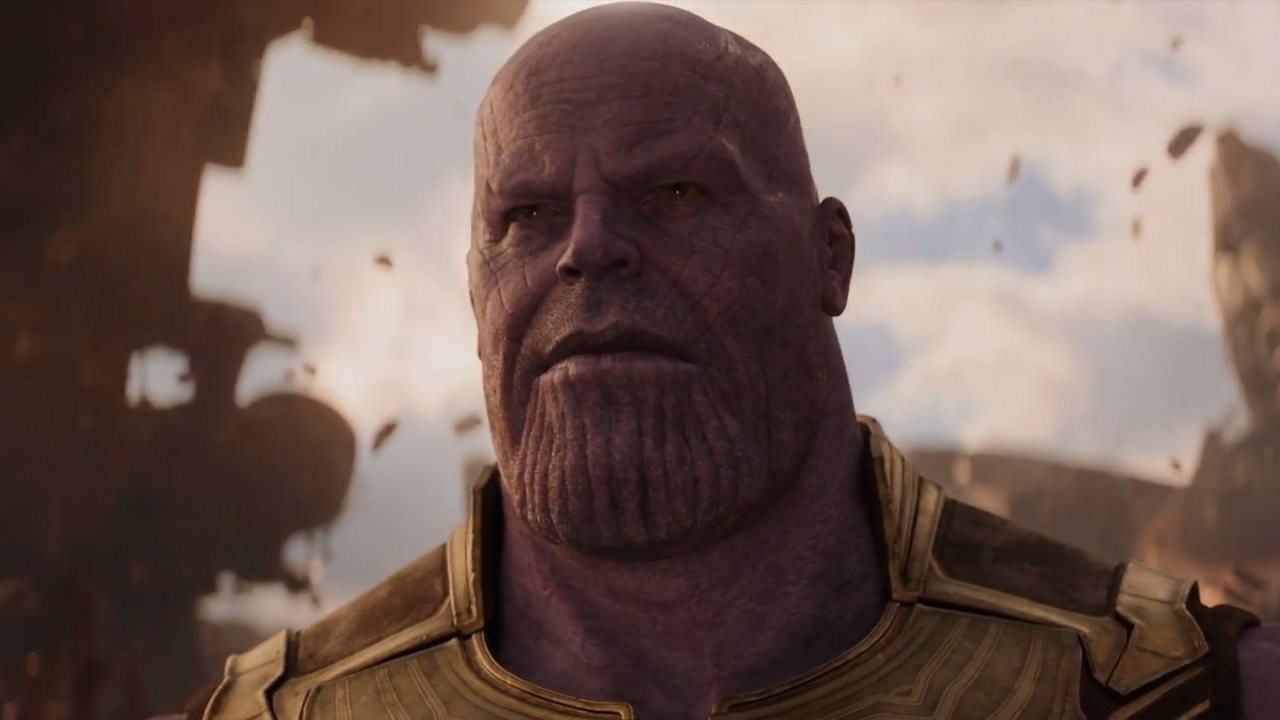 In that, Thanos is the MCU’s Ozymandias — someone who does a terrible thing that results in the loss of countless lives, but who means for it to serve the greater good. Thanos’s perspective is efficiently conveyed and surprisingly heady for a popcorn flick, dealing with notions of the extremes of a utilitarian viewpoint that blends well with Thanos’s own seemingly dispassionate but subtly affected presence in the film.
In that, Thanos is the MCU’s Ozymandias — someone who does a terrible thing that results in the loss of countless lives, but who means for it to serve the greater good. Thanos’s perspective is efficiently conveyed and surprisingly heady for a popcorn flick, dealing with notions of the extremes of a utilitarian viewpoint that blends well with Thanos’s own seemingly dispassionate but subtly affected presence in the film.
Much of that sense owes to Josh Brolin’s outstanding performance. There is a wistfulness, almost a sense of resignation, in Thanos’s voice and bearing as he cuts his horrific path through the galaxy. It would be easy for Infinity War to come off misguided in its attempts to find depths of character and motivation in this murderous purple goon, but Brolin finds a balance between both menace and an unassuming warmth in Thanos that nigh-instantly makes him unique as a villain, not to mention deep and different enough to justify his position as the would-be final boss of the Marvel Cinematic Universe.
But much of it also owes to the animators and artists who bring Thanos to life. A sizeable chunk of the action in Infinity War falls victim to the same, weightless CGI maelstrom that afflicts almost all blockbuster movies of recent vintage. While individual images of hordes of Avengers and their allies squaring off against alien attackers, or whirring ovoids hovering over New York City stand out, too often the film devolves into quick cuts of 3D cartoons smashing into one another, without enough clarity or realism to make them more than a high-speed collisions of computer-animated piñatas.
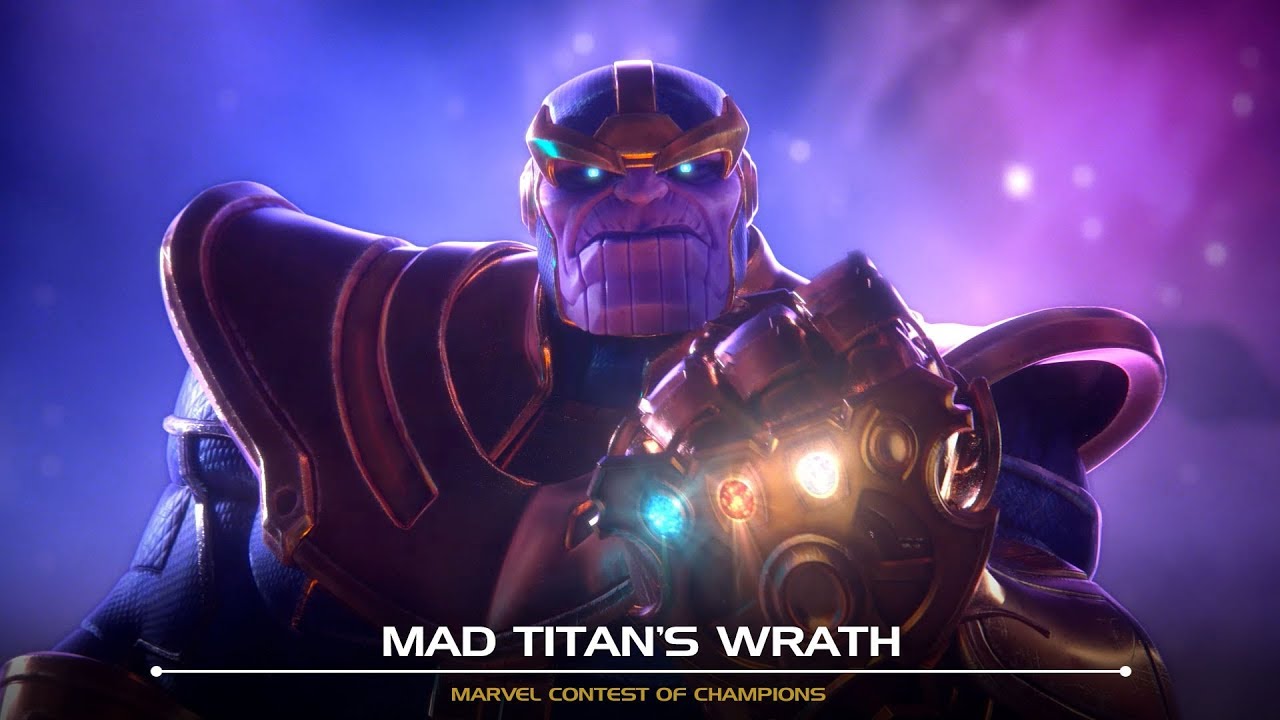 Thanos, however, is a consistent exception. More than any other computer-aided element of the film, his gravitas and impact as a character are dependent upon subtle changes in his facial expressions that reveal smaller shifts in his mood or reactions. As much as for any other CGI character on the silver screen, Brolin’s performance is captured in the slight curve of Thanos’s lips, the furrowing of his brow, or a weary, mournful look in his eyes.
Thanos, however, is a consistent exception. More than any other computer-aided element of the film, his gravitas and impact as a character are dependent upon subtle changes in his facial expressions that reveal smaller shifts in his mood or reactions. As much as for any other CGI character on the silver screen, Brolin’s performance is captured in the slight curve of Thanos’s lips, the furrowing of his brow, or a weary, mournful look in his eyes.
Despite his appearance as an armor-clad, purple-skinned brute, Thanos is a villain with a soul, one conspicuously on display even as he toys with and eventually decimates our heroes. That alone is an achievement of performance, digital artistry, and writing that come together to produce a villain worthy the grand finale to a decade’s worth of adventures.

Thanos is the only person in Infinity War who faces that choice — sacrifice who you love or else see your grand plans fall to ruin — and finds the will to make the sacrifice. That horrible strength is the one thing he has over our heroes — more than his powers or his weapons or his guile — and it’s what lets him win this war. He is willing to do what none of The Avengers will or even can. And it creates one of the most devastating losses and final sequences in any superhero film so far.


Some of that comes from his modus operandi. Instead of world domination, Thanos’s goal is to wipe out half of all life in the universe. But rather than freighting him with the goal of slaughter for slaughter’s sake, Infinity War turns Thanos into an acolyte of Malthusian creative destruction, one who views himself as a humanitarian. In a universe with limited resources, he wants to eliminate half the population not out of revenge, vindictiveness, or cruelty, but as a controlled burn, so that the remainder can live and live well, and avoid the devastation that his own planet faced when those resources ran out.

Much of that sense owes to Josh Brolin’s outstanding performance. There is a wistfulness, almost a sense of resignation, in Thanos’s voice and bearing as he cuts his horrific path through the galaxy. It would be easy for Infinity War to come off misguided in its attempts to find depths of character and motivation in this murderous purple goon, but Brolin finds a balance between both menace and an unassuming warmth in Thanos that nigh-instantly makes him unique as a villain, not to mention deep and different enough to justify his position as the would-be final boss of the Marvel Cinematic Universe.
But much of it also owes to the animators and artists who bring Thanos to life. A sizeable chunk of the action in Infinity War falls victim to the same, weightless CGI maelstrom that afflicts almost all blockbuster movies of recent vintage. While individual images of hordes of Avengers and their allies squaring off against alien attackers, or whirring ovoids hovering over New York City stand out, too often the film devolves into quick cuts of 3D cartoons smashing into one another, without enough clarity or realism to make them more than a high-speed collisions of computer-animated piñatas.

Despite his appearance as an armor-clad, purple-skinned brute, Thanos is a villain with a soul, one conspicuously on display even as he toys with and eventually decimates our heroes. That alone is an achievement of performance, digital artistry, and writing that come together to produce a villain worthy the grand finale to a decade’s worth of adventures.
WRITER : Admin
|
DATE : 26-03-01
|
CATEGORY : File Search
MOBILE SEARCH
※ 컴퓨터 접속자는 컴퓨터 전용 웹하드 검색기로 검색하셔야 합니다. 컴퓨터 전용 검색기 이동
※ 찾으시는 관련 검색어를 짧게 입력해주세요. 【띄어쓰기/특수문자 금지】
※ 위의 검색기는 파일이즈 【 www.fileis.com 】에서 제공하는 자료를 검색해드리고 있습니다.
※ 파일콩 웹하드 검색기의 장점은 웹하드에서 【제한된 검색어까지 모두 검색이 가능】하다는 점입니다.

